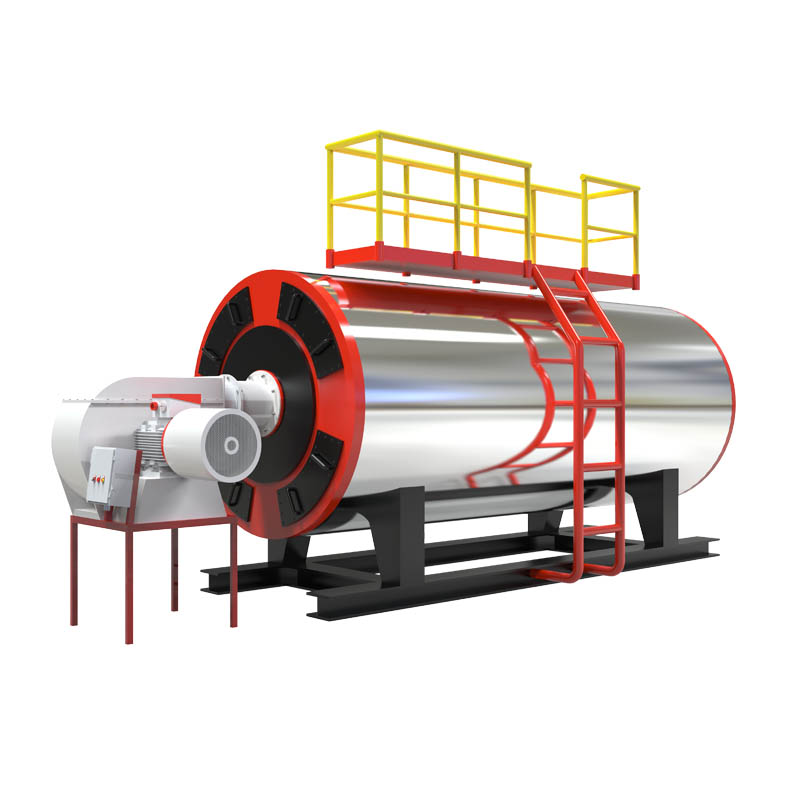
Dec . 09, 2024 18:03 Back to list
Chemical Solutions for Effective Hot Water Boiler Treatment and Maintenance Strategies
Hot Water Boiler Chemical Treatment Ensuring Efficiency and Longevity
Hot water boilers are critical components in numerous industrial and commercial applications, providing essential heating and hot water. To maintain their efficiency and extend their operational life, effective chemical treatment is necessary. This article delves into the importance of chemical treatment for hot water boilers, the common issues arising from improper treatment, and the typical chemicals used to ensure optimal boiler performance.
The Importance of Chemical Treatment
Chemical treatment plays a vital role in maintaining the efficiency and longevity of hot water boilers. These systems operate under high temperatures and pressures, making them susceptible to various issues, such as scaling, corrosion, and microbial growth. Without proper treatment, these problems can lead to inefficiencies, increased energy costs, and ultimately, costly repairs or replacements.
1. Scaling When water is heated, it can lead to the precipitation of minerals like calcium and magnesium, which can form scale on the boiler's heating surfaces. This scale acts as an insulator, reducing heat transfer efficiency and leading to increased fuel consumption and operational costs. In severe cases, scaling can cause overheating and even failure of the boiler.
2. Corrosion The presence of dissolved gases, such as oxygen and carbon dioxide, can lead to corrosive conditions within the boiler. Corrosion can damage the metal surfaces of the boiler, leading to leaks and reduced lifespan. Protecting against corrosion is essential for maintaining the structural integrity of the system.
3. Microbial Growth Hot water systems can be susceptible to microbial growth, including bacteria and algae, particularly in poorly maintained systems. This growth can lead to biofilm formation, which further exacerbates corrosion issues and affects the overall heat transfer efficiency.
Common Chemical Treatments
To combat these challenges, a range of chemicals is utilized in hot water boiler treatment programs. These include
hot water boiler chemical treatment

1. Corrosion Inhibitors These chemicals help to protect the boiler's metal surfaces by forming a protective film. Common inhibitors include phosphates and amines, which react with the metal surfaces to prevent oxidation and corrosion.
2. Scale Inhibitors Polyphosphates and other scale inhibitors are used to bind with hardness ions, preventing them from precipitating and forming scale. They can be particularly effective in softening water and reducing mineral buildup.
3. Oxygen Scavengers To address corrosion caused by dissolved oxygen, oxygen scavengers such as sodium sulfite are introduced into the system. These chemicals react with oxygen, effectively removing it from the boiler water and minimizing its corrosive effect.
4. pH Control Agents Maintaining the proper pH level is critical for optimal boiler performance. Chemicals such as sodium hydroxide or acetic acid are used to adjust pH levels, ensuring a stable and non-corrosive environment within the boiler.
5. Biocides To prevent microbial growth, biocides, including chlorine or bromine-based compounds, may be added to the system. These agents help to eliminate harmful bacteria and prevent the formation of biofilms, thus protecting the boiler from microbiologically influenced corrosion (MIC).
Conclusion
In conclusion, proper chemical treatment of hot water boilers is essential for ensuring system efficiency and longevity. By addressing scaling, corrosion, and microbial growth through a well-planned chemical program, businesses can reduce maintenance costs, extend the life of their boiler systems, and enhance their energy efficiency.
Regular monitoring and adjustment of chemical treatment programs are necessary to adapt to changing water conditions and operational demands. Consult with water treatment professionals to create an effective boiler chemical treatment plan tailored to your specific needs. Investing in proper chemical treatment not only protects your equipment but also contributes to a more sustainable and cost-effective operation in the long run.
-
High-Efficiency Commercial Oil Fired Steam Boiler for Industry
NewsJul.30,2025
-
High-Efficiency Biomass Fired Thermal Oil Boiler Solutions
NewsJul.30,2025
-
High Efficiency Gas Fired Thermal Oil Boiler for Industrial Heating
NewsJul.29,2025
-
High-Efficiency Gas Fired Hot Water Boiler for Sale – Reliable & Affordable
NewsJul.29,2025
-
High Efficiency Biomass Fired Hot Water Boiler for Industrial and Commercial Use
NewsJul.29,2025
-
High-Efficiency Biomass Fired Hot Water Boiler for Industrial Use
NewsJul.28,2025
Related PRODUCTS






















